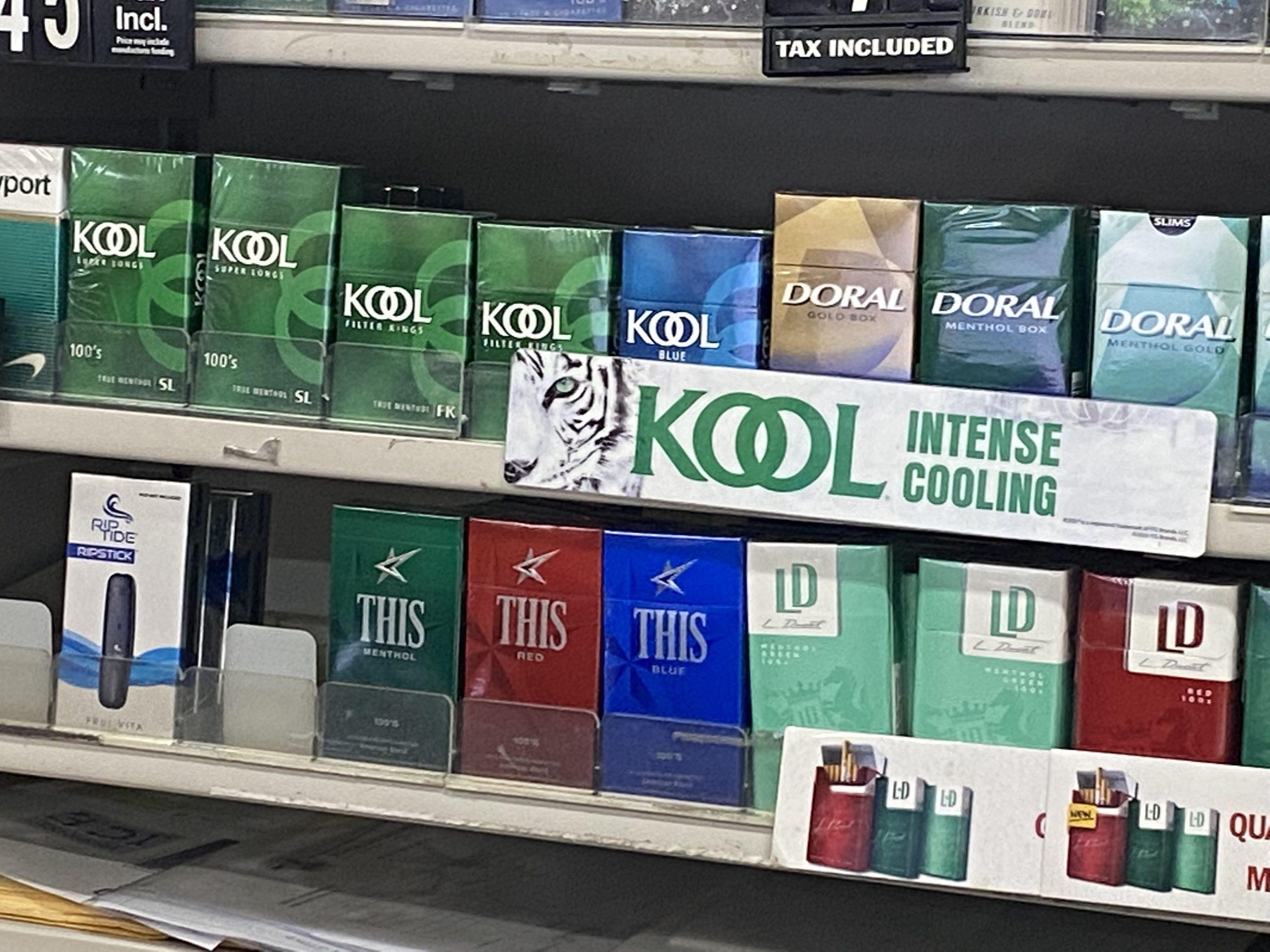 There is no documented movement by the Leon Guerrero administration to implement two laws designed to ensure Guam’s big tobacco companies are paying their fair share of taxes.
There is no documented movement by the Leon Guerrero administration to implement two laws designed to ensure Guam’s big tobacco companies are paying their fair share of taxes.
In 2017, then-Sen. Michael San Nicolas authored a law requiring the stamping of all cigarette packs entering the island for sale. Those stamps were to have been the mechanism by which government officials would be able to count the number of cigarettes entering the island, and assess the proper tax on the cigarettes. After the Calvo administration failed to implement that law, Sen. Tina Muna Barnes in 2019 authored a law requiring the Guam Department of Revenue and Taxation to issue an invitation for bid (IFB) to procure the necessary stamps, and a request for proposals (RFP) to procure the services of a private company to administer the stamping and assessment program.
The Leon Guerrero administration has since failed to implement the law. A cigarette distributorship, which has produced evidence indicating that there have been months when it was paying almost all of the cigarette taxes the government was collecting, sued GovGuam to implement the laws. A judge ordered the government to comply, but the government was able to show it was making progress on the implementation of at least one of the tenets of the Muna Barnes law: the IFB on stamps.
The government last year had to abandon that IFB, and has promised to issue a new IFB and to issue the RFP for program administration after the stamps are procured. According to Guam DRT, no documented movement has taken place.
Kandit two weeks ago sent the Guam Department of Revenue and Taxation a Freedom of Information Act request for any and all documents “pertaining to any effort to procure via IFB the cigarette stamps required by law, and the RFP for tax stamp administration required by law, including but not limited to, memoranda, letters, emails, and mobile device messages,” after the last IFB was canceled.
“As of today, DRT does not have any public records relating to your request,” DRT deputy director Marie Lizama wrote to Kandit on June 9.
The FOIA requires government officials in custody of public records to disclose such records upon demand for inspection, or to provide copies of such records within four working days of request. While draft documents or communications between DRT and the Office of the Attorney General of Guam regarding the required IFB and RFP may exist (the government contends such records are not publicly disclosable), Ms. Lizama’s June 9 admission means no documented progress on the IFB and the RFP exists. Translation: GovGuam is doing nothing to comply with the law.
Meanwhile, smokers continue to pay the $4-per-pack tax on cigarettes as monthly collections reports show not all these taxes are being paid to the government of Guam.
“Mid Pac may control approximately 50% of the cigarette market on Guam, and based on the Department of Revenue & Taxation monthly reports, assuming other cigarette distributors are paying their portion of the cigarette tax, there is a potential underreporting of as much as 30% of the total cigarette taxes due in the range of $750,000 to $1,000,000 per month, possibly attributable to Mid Pac alone.” – This is what then-Speaker Benjamin Cruz wrote to the United States Attorney and the special agent in charge of the FBI on July 26, 2018. Mr. Cruz wrote the complaint against MidPac following an audit by then-Public Auditor Doris Flores Brooks, and reports of alleged tax evasion his office investigated.
Months later, Mr. Cruz became the public auditor. And following a year-long performance audit of cigarette taxes, Mr. Cruz’s audit stated the Department of Revenue and Taxation’s “current practices are not enough to provide reasonable assurance that all tobacco taxes are complete and properly accounted for,” adding, “there are opportunities for tax evasion because DRT does not verify whether the tobacco was actually exported or sold to the U.S. Military or Guam Airport concessionaires.”
“We became aware of other issues related to certain wholesalers,” the public auditor stated in the audit. “We believe DRT incorrectly concluded that free tobacco samples were not subject to tobacco tax and might have inappropriately allowed Wholesaler O to discount tobacco products.”





